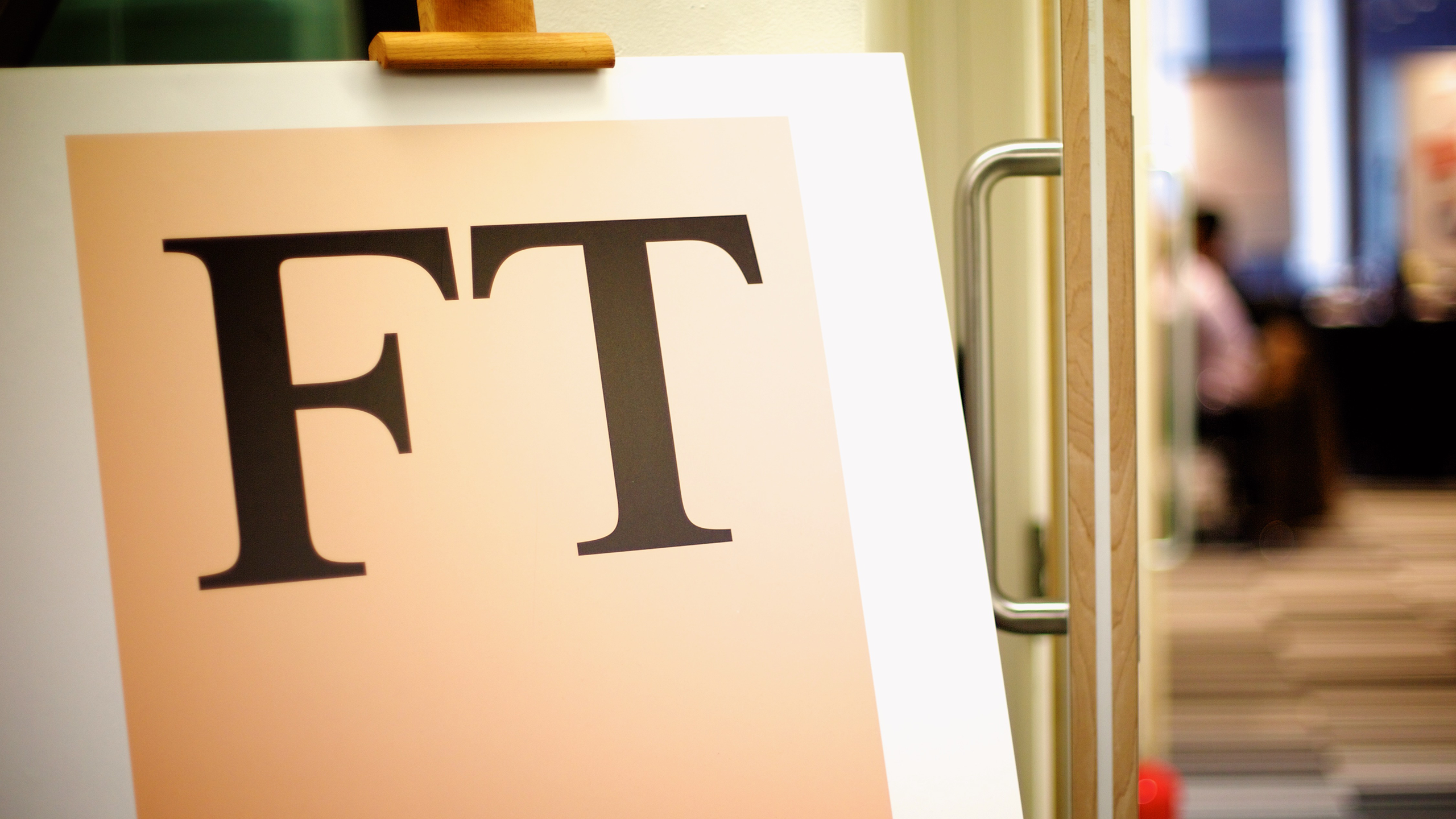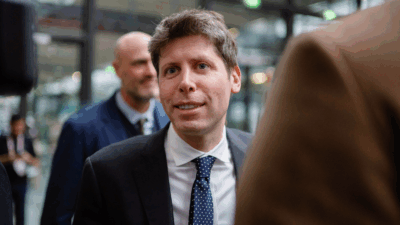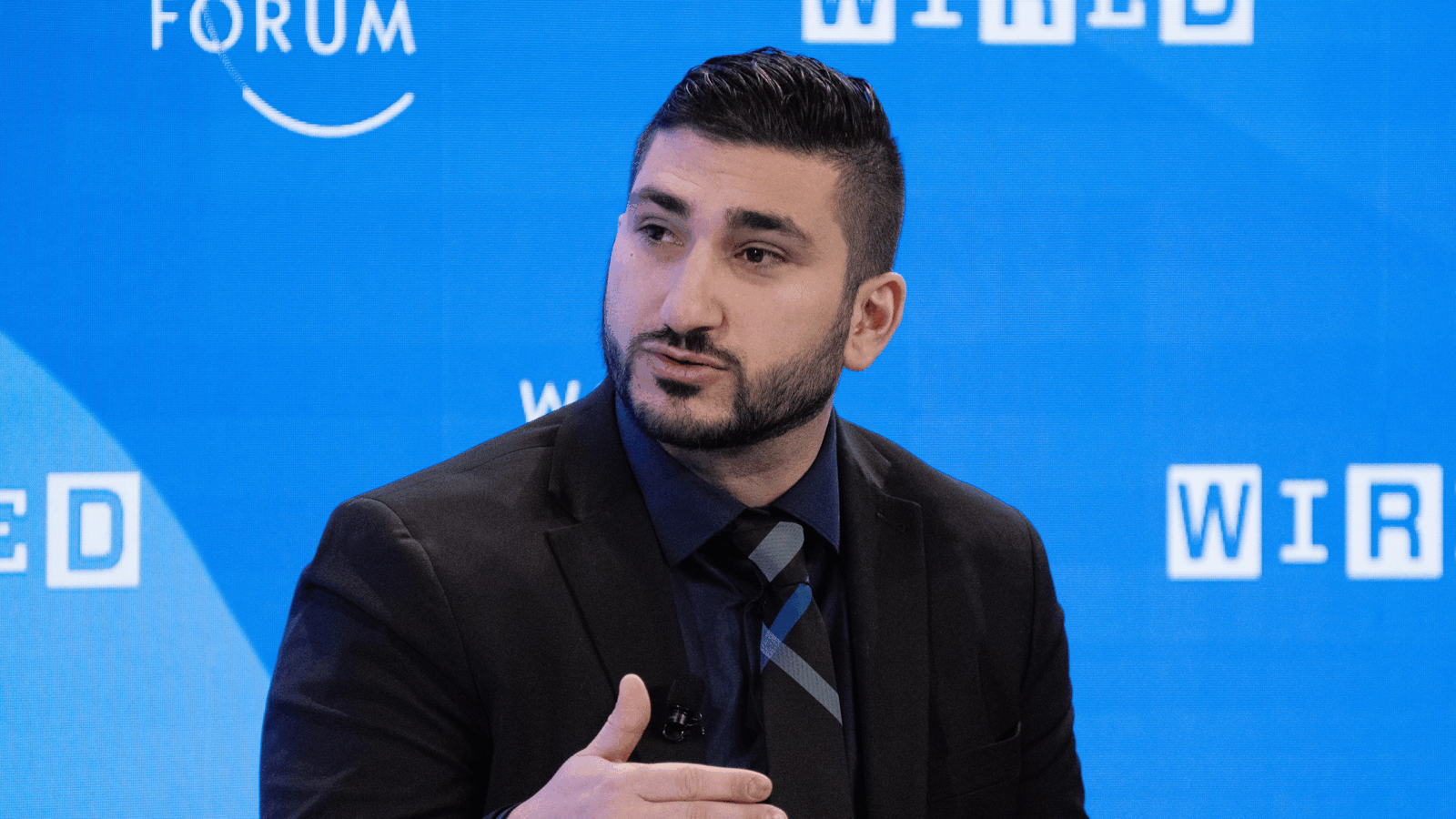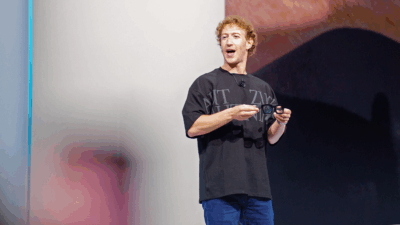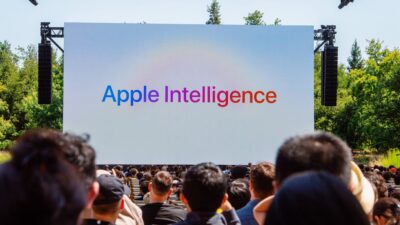OpenAI Inks Licensing Deal with the Financial Times to Train Chatbots
On Monday, the Financial Times said it struck a deal with OpenAI to allow the generative AI darling to license the FT’s content.
Sign up for smart news, insights, and analysis on the biggest financial stories of the day.
ChatGPT creator OpenAI is winning hearts and minds in the media the old-fashioned way – with money.
On Monday, the Financial Times said it struck a deal with OpenAI to allow the generative AI darling to license the FT’s content. That means not only can OpenAI train its models on old FT articles (possibly something it was doing already) it can also use verbatim FT snippets when conversing with human users. This is a big feather in OpenAI’s cap given the FT’s standing as both a legacy media company and a publisher with a paywalled business model.
mAInstream Media
The news media’s relationship with Silicon Valley was already tense before generative AI came along and dialed the tension up to 11. First, there’s the question of whether companies building large language models (LLMs) that underpin AI chatbots like ChatGPT have been using publishers’ content without permission. Then there’s the problem of whether chatbots themselves constitute a mass workaround for news sites’ paywalls, neatly summarizing copy that’s supposed to be locked away from the broader internet.
Some publishers have initiated an all-out war. The New York Times sued OpenAI for copyright infringement in December, and a handful of digital outlets joined the fray in February. Meanwhile, OpenAI has struck licensing deals with other publishers, offering cash for copy:
- Axel Springer, the German publishing company behind Business Insider and Politico, announced a licensing deal with OpenAI in February. That same month, OpenAI’s biggest investor, Microsoft, struck a deal to pay digital outlet Semafor to integrate AI products into its website.
- OpenAI has fewer allies in legacy media, although it did notch a licensing deal with the Associated Press last July. None of the involved parties have disclosed terms, but The Information reported in January they can run between $1 million to $5 million per year.
Felix Simon, a researcher at the Oxford Internet Institute, told The Daily Upside that deals with large publishers could provide some legal cover for OpenAI. “Such deals can potentially provide legal clarity and stave off potential lawsuits from publishers,” Simon said. But OpenAI’s deals also could be intended to box out its AI rivals. “We currently see strong competition for high-quality data, not just from publishers, which can be used for more elemental training purposes of new model iterations or to provide up-to-date responses to user queries,” Simon said.
Mr. Altman, Tear Down This Wall: According to Simon, publishers that sign AI licensing deals are taking a risk. “It is understandable that many large publishers are keen to strike such deals while there is money going around, especially considering that they were not compensated for their data training up these systems in the first place,” he said. He added that publishers “could also risk cannibalizing their paywalls in the long term if users that usually would have subscribed will be satisfied with the reply from an AI system (even if the same prominently links to the FT or other outlets as a source).” What’s a little light cannibalism between friends?
